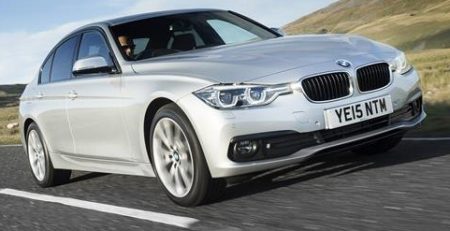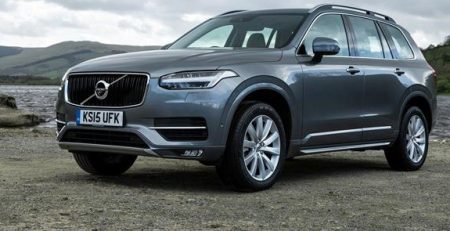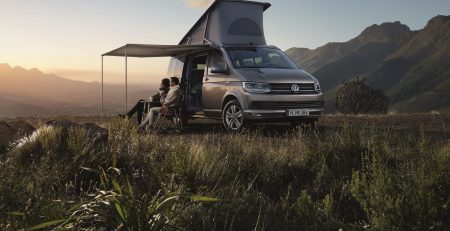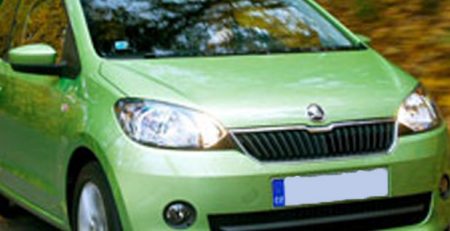Maximise resale value of your new BMW with these specs Specify you factory ordered car properly with a BMW configurator. Th read more
Buying your car by private sale
Private sale tips
Always ask the seller their reasons for selling. Private sales could be because there is an expensive fault with the car and they want to get rid of the vehicle in order to avoid having to pay the cost to fix the car. Although the seller may not always be honest, it will at least give you an indication.
Compare the car sale price with values from Parkers, CAP or Glass's. Remember to factor in mileage as this can have a significant impact on the value of the car.
Check the car thoroughly before buying because you are responsible for the cost of fixing any faults after purchase. Also check the paperwork, and take the car for a test drive - read our top tips for buying a car - paperwork checks and car checks.
Make sure you complete a car history check before buying as this will show if the car has finance outstanding, been involved in an accident, or reported stolen. We complete a free car history check for all cars finance through us.
If you find finance outstanding on the vehicle you should contact the finance provider to check if it has been cleared, as sometimes there can be a delay. Always insist that the seller should clear the finance before you buy and validate this with the finance company.
If you plan to test drive the car make sure to check your insurance covers you to drive other vehicles. Typically this will be third party cover only.
Ask for a written receipt of money paid, car sold and any verbal guarantees given in relation to the car. This gives you evidence of the transaction should you need it.
The seller should complete the V5C/2 (new keeper supplement) and give this to you to prove your ownership of the vehicle.
The seller is responsible for informing the DVLA of the sale. You should receive an updated V5C document sent by post within two - four weeks of purchase. If it doesn't arrive by week four you need to complete the VG2 form (application for a vehicle registration certificate), which can be downloaded from the DVLA website or picked up from the post office. Send the VG2 to the DVLA along with the V5C/2 given to you by the seller - if you don't send the V5C/2 you will have to pay a fee.
Advantages
Usually the car is cheaper than from a dealership.
Disadvantages
Higher risk of buying a car with faults or other issues which you have no comeback to. You have no consumer rights in a private sale, unless you can prove the seller lied to you. However, omitting important facts is not sufficient.
Requires more of your time and involves some hassle. You may need to travel to more locations and timing may not be convenient.
If you are using finance to buy the car you will be limited to unsecured finance e.g. personal loans. Most secured lenders will require the car to be bought from a dealership.
If you are selling your existing car you may need to tax and insure both cars at the same time until your old car sells.
There is no warranty included, as it typical of dealerships, however you can buy a warranty independently through online warranty providers.




